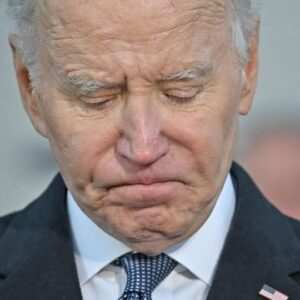In June 2025, former President Donald Trump signed Proclamation 10949, a sweeping executive action that reintroduced and expanded travel restrictions on several nations. The order, framed as a national security measure, placed a complete travel ban on citizens from 12 countries and imposed additional partial restrictions on several others.
The countries facing a total ban include Afghanistan, Myanmar (Burma), Chad, Republic of the Congo, Equatorial Guinea, Eritrea, Haiti, Iran, Libya, Somalia, Sudan, and Yemen. According to the proclamation, nationals from these countries are barred from entering the United States under nearly all visa categories.
In addition to the full bans, the Trump administration also introduced partial restrictions for seven other nations: Burundi, Cuba, Laos, Sierra Leone, Togo, Turkmenistan, and Venezuela. Citizens from these countries face tighter screening processes and visa limitations, though some entry may still be permitted.
The White House defended the policy as essential to protect the country from terrorism, unlawful migration, and national security threats. Officials stated that the affected countries failed to meet U.S. standards for information sharing, identity verification, and border security cooperation.
However, the move sparked widespread criticism both domestically and internationally. Civil rights groups, refugee organizations, and foreign governments condemned the ban as discriminatory, arguing that it unfairly targeted vulnerable populations and strained diplomatic relations. Humanitarian advocates expressed concern for families separated by the restrictions, particularly those fleeing conflict zones in Africa and the Middle East.
Certain exceptions were outlined in the order. Lawful permanent residents, dual nationals, diplomats, and professional athletes traveling for international competitions were exempted from the restrictions. This clause was introduced in part to avoid disrupting events like the 2026 FIFA World Cup and the Gold Cup, which will involve international teams and supporters.
The policy marks one of the most significant immigration actions of Trump’s post-pandemic presidency. Supporters argue it underscores his commitment to “America First” principles, while critics see it as a continuation of controversial bans enacted during his first term. As legal challenges loom, the travel ban remains a flashpoint in America’s ongoing debate over immigration, security, and human rights.





